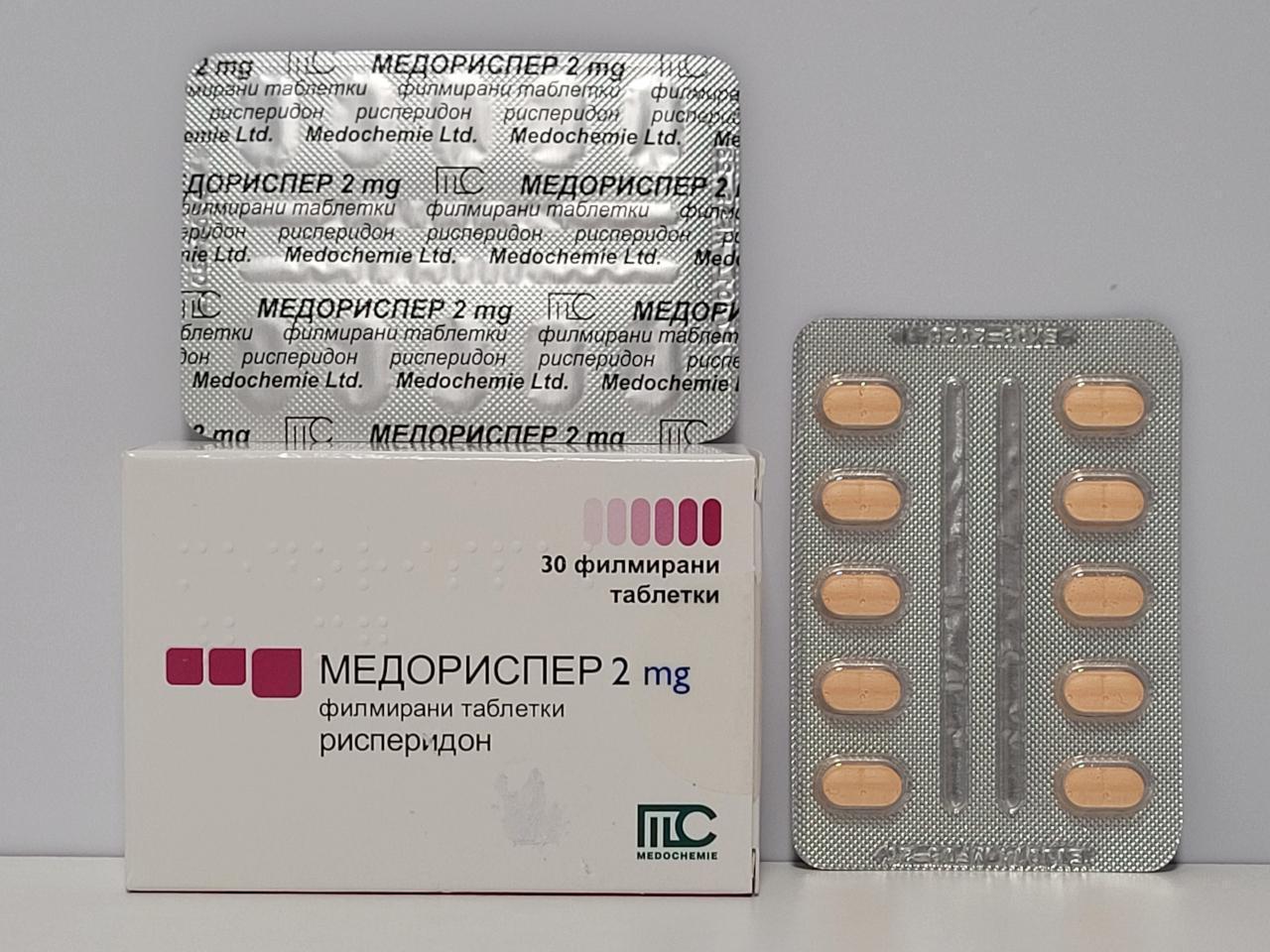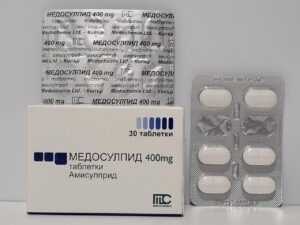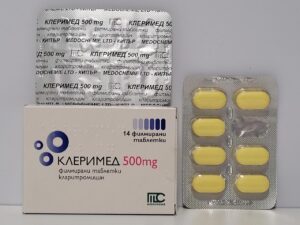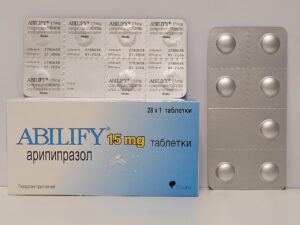Description
Risperidone belongs to the group of medications known as antipsychotic agents. This medication is used to treat schizophrenia. Schizophrenia can cause symptoms such as hallucinations (e.g., hearing, seeing, or sensing things that are not there), delusions, unusual suspiciousness, and emotional withdrawal. People with this condition may also feel depressed, anxious, or tense.
Medications like risperidone are thought to work by correcting the function of nerve pathways in certain areas of the brain.
The dose of risperidone varies according to needs and the condition being treated.
For adults with schizophrenia, the dose is usually started at 1 mg to 2 mg per day (given either once or twice per day) and increased slowly over several days to 4 mg to 6 mg per day. Lower doses are often used for people with low blood pressure, kidney problems, or liver disease. The safety of risperidone has not been established beyond a maximum dose of 16 mg per day (8 mg given twice daily). No more than 8 mg should be taken at any one time.
For seniors with schizophrenia, the dose is usually 0.25 mg given twice daily to a maximum daily dose of 3 mg.
For behavioural problems in people with severe Alzheimer-type dementia, the usual starting dose is 0.25 mg twice a day. This dose is slowly increased every 2 to 4 days to a usual dose of 1 mg per day (0.5 mg twice a day). This dose may be increased to a maximum of 2 mg per day (1 mg twice a day).
For adults with mania associated with bipolar disorder, risperidone should be taken once daily, starting with 2 mg or 3 mg daily. This dose may be increased to a maximum of 6 mg daily.



